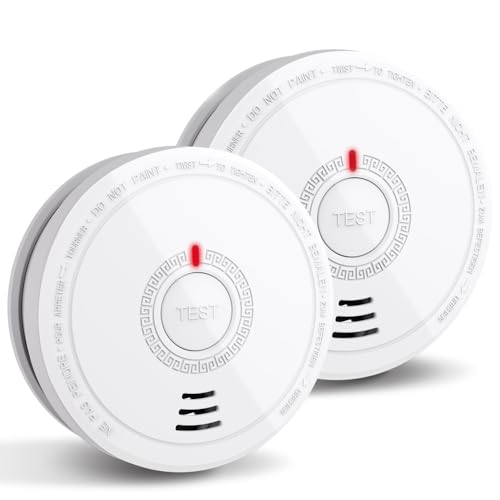Understanding the Different Types of Fire Alarms: A Comprehensive Guide
Ionization Alarms
One of the most common types of fire alarms is the ionization alarm. These alarms use a small amount of radioactive material to detect and sound an alarm when smoke enters the device. They are most effective at detecting fast-burning fires with a lot of flames and heat. However, they are less effective at detecting slow-burning fires that produce more smoke. Ionization alarms are relatively inexpensive and widely available, making them a popular choice for residential and commercial buildings.
Photoelectric Alarms
Photoelectric alarms use a beam of light and a sensor to detect smoke and sound an alarm. They are more effective at detecting slow-burning fires that produce more smoke, making them a good choice for kitchens, bedrooms, and other areas where fires can smolder undetected. However, they can be more expensive than ionization alarms and are not always as widely available.
Combination Alarms
Combination alarms combine the technologies of both ionization and photoelectric alarms, making them more effective at detecting a range of fires. They may also incorporate additional features such as carbon monoxide detection. Combination alarms can be more expensive than other types of alarms but offer comprehensive protection against multiple types of fires and other hazards.
Wireless Alarms
Wireless alarms use radio frequency signals to communicate with each other and sound an alarm when smoke or fire is detected. They are a good choice for larger buildings or homes with multiple levels, as they can be placed in different areas and still communicate with each other. Wireless alarms can be more expensive than hard-wired alarms but are often easier to install and do not require drilling holes or running wires through walls.
Smart Alarms
Smart alarms are the latest innovation in fire alarm technology and incorporate features such as remote monitoring, mobile alerts, and integration with home automation systems. They can be controlled and monitored through a smartphone app, allowing homeowners to monitor their home’s safety even when they are away. Smart alarms can be more expensive than other types of alarms, but offer a range of additional features and benefits.
Conclusion
Choosing the right type of fire alarm for your home or business depends on a range of factors, including the size and layout of your space, your budget, and your specific safety needs. Understanding the different types of alarms available and their features and benefits can help you make an informed decision and ensure that you and your loved ones are protected in the event of a fire.






